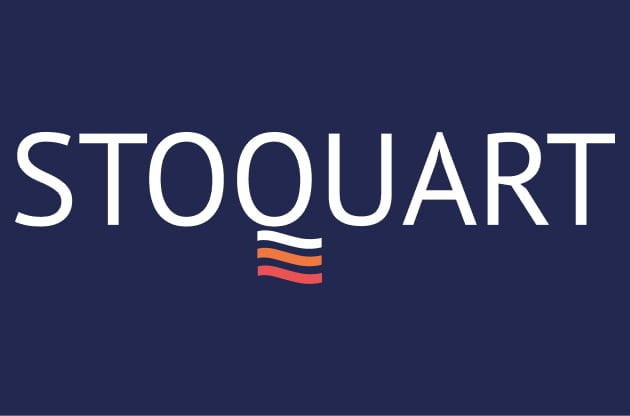Like most other languages, French has regional variants that differ to varying degrees depending on the regions in question. Someone from Marseilles won’t speak like a Parisian, just as a Swiss native won’t talk like someone from Lille. Compared with German dialects, however, these differences are negligible in terms of communication, as French-speakers from any region can easily make themselves understood when talking to any other French-speakers. Basically, there are two types of difference: accent (which has no impact on translation) and vocabulary and grammar.
In Belgium, translation schools are naturally aware of these differences, and standard European French is the preferred option, but this doesn’t stop us from giving the language a Belgian flavour when required. In this regard, the influence of French culture on French-speaking Belgium (television channels, magazines, literature, music, etc.) is such that the challenge for Belgian translators is not insurmountable.
The main differences crop up in everyday life (a tea towel, known as a “torchon” in France, is an “essuie-vaisselle” in Belgium, whilst a mop, called a “serpillère” in France, is called a “torchon” in Belgium), in the kitchen (Belgians call chicory “chicons” but they are known as “endives” in France, whilst kitchen towel is known as “essuie-tout” in Belgium and “sopalin” France) and of course in institutional life (the mayor of a Belgian municipality is a “bourgmestre”, not a “maire”), but are often less obvious in writing. Belgicisms are often derived from Dutch (one of Belgium’s other official languages) or Walloon (a regional Romance language that is related to French).
Finally, we should not overlook the famous Belgian exponents of the French language, such as Joseph Hanse (the founding president of the International Council for the French Language and author of the Nouveau dictionnaire des difficultés du français moderne, the renowned guide to the complexities of modern French that has won numerous awards, including one from the Académie française), Maurice Grevisse (the author of works including the famous Bon usage style guide, now in its 16th edition, and a member of the International Council for the French Language), Marguerite Yourcenar (the poet, essayist and translator who was also the first woman to be elected to the Académie française in 1980), Georges Simenon (the creator of the famous Maigret series, whose work has given rise to numerous adaptations in France, including the famous version starring Jean Gabin), and Amélie Nothomb (the unconventional author who keeps on breaking sales records).
Other world-famous Belgians have also left their mark on the French language in their own way, such as Jacques Brel, the cartoonists Hergé and Franquin, and Charles Spaak, the screenwriter who worked on some of the landmark films of the early 20th century, including La Grande Illusion and a host of other productions boasting stellar casts (Louis Jouvet, Michel Simon…). In the field of dubbing, meanwhile, a number of very popular American animated series, such as Adventure Time and Regular Show, have recently been dubbed into French by largely Belgian teams. Our famously surreal sense of humour must have something to do with it!
So, do you speak French? Naturally!




